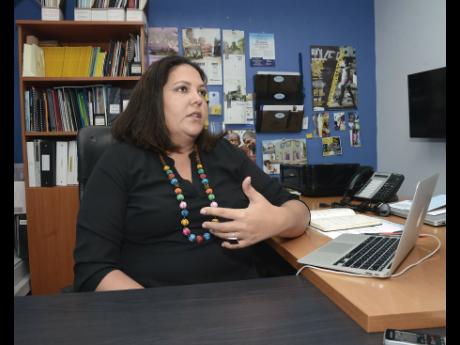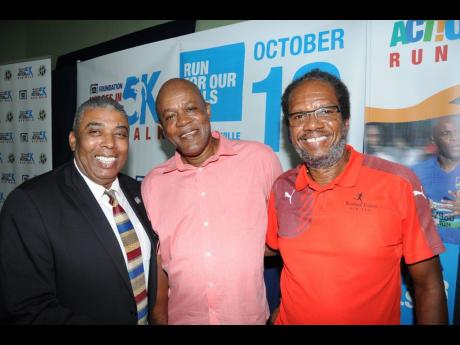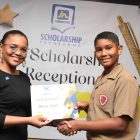Senior teachers must do more to improve schools
Senior teachers, the middle managers in the nation’s schools, have been urged to increase their supervision of and assistance to their younger colleagues as one measure to improve the output of the education sector.
According to Dr Renee Rattray, director of education programmes at the JN Foundation, middle managers in schools must recognise that their positions are not simply meritorious rewards but roles which require them to be the engines of school improvement.
Addressing heads of departments and grade coordinators from St Mary, Portland and St Thomas-based schools participating in the JN Foundation’s iLead programme, Rattray argued that middle leaders in schools should recognise that they can transform their schools through the people who report to them.
“In many schools, they (senior teachers) are not providing an adequate support framework for teachers,” said Rattray, as she charged that many senior teachers do not have a full understanding of their leadership and management roles.
According to Rattray, many of these middle managers are promoted to positions of seniority without adequate preparation.
“There are pockets of excellence. However, they are not being pulled together by a strong leadership team that can articulate a vision and support people to achieve objectives.”
Rattray charged that often there is not enough support for new teachers fresh out of colleges, who are sometimes placed in the most difficult situations upon entry to the schools. She said senior teachers should be the ones who help to provide this support.
“We need to be working alongside educators to model what effective teaching looks like. Unfortunately, this is not established practice in our schools and in the system. In most other professions, people need to shadow and work alongside others in order to develop their craft.
“It’s important for teachers to, themselves, become learners within a well-oiled professional learning community if we are to see the kinds of improvement that we expect,” said Rattray.
Texas-based educational professional development consultant Misty Miller, who also addressed the middle leaders workshop, argued that senior teachers should be able to identify the varying capacities of those they guide so that they can deploy persons effectively to get the job done.
SELF-EVALUATION
According to Miller, it is important for the middle managers to be able to critically evaluate their own leadership and the abilities of those in their remit.
“You can’t say that as a leader ‘I am doing well’, or ‘my data looks good’ and ‘I’m great as a leader’ when you are not building and strengthening the people around you,” said Miller.
“It’s not our job to make people teach like us … it’s our job to promote best practices and indicate how best practices are executed, which will look different in every classroom.”
The iLead Programme, which has been implemented in five schools in the parishes of Portland, St Mary and St Thomas, has been working closely with school leaders, including heads of departments and grade coordinators, over the past year to address leadership and management problems.
The programme, guided by the JN Foundation, has targeted select schools which were cited by the National Education Inspectorate as being in need of critical support, to build their leadership capacity and improve student performance through improved teaching as well as to create an enhanced school environment.
http://jamaica-gleaner.com/article/news/20150726/senior-teachers-must-do-more-improve-schools










